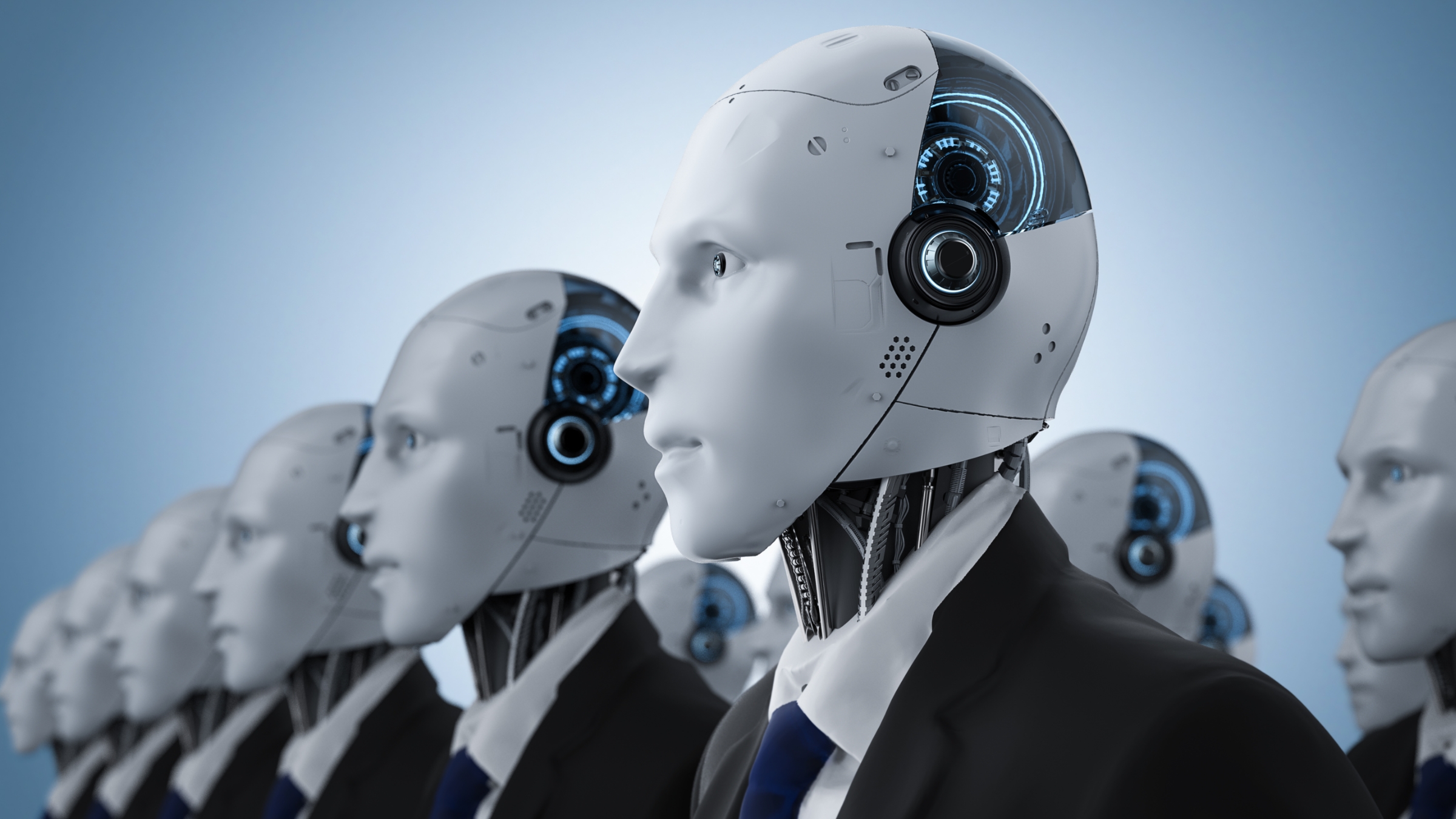
In 2025, tech CEOs are quietly signaling a workforce shift, as internal memos and public statements reveal that AI-proof jobs do not just assist employees, accelerating layoffs even amid record profits and strong market performance.
The workplace AI conversation is quickly shifting from speculative to starkly real, and while public messaging from tech leaders suggests AI will “enhance productivity,” internal documents and executive communications tell a more unsettling story: automation is no longer supportive, it’s substitution.
Amazon CEO, Andy Jassy, recently told employees that as AI tools and agents roll out, the company “will need fewer people doing some of the jobs that are being done today,” hinting at workforce reductions in the near term.
Jassy added that as the company “rolls out more generative AI and agents, it should change the way our work is done. We will need fewer people doing some of the jobs that are being done today… We expect this will reduce our total corporate workforce as we get efficiency gains from using AI extensively across the company.”
Other executives are just as blunt.
Duolingo CEO Luis von Ahn stated that “most functions will have specific initiatives to fundamentally change how they work… Headcount will only be given if a team cannot automate more of their work.”
Virtual Workers Already Doing the Work
These aren’t just hypothetical projections. Companies are already implementing AI in jobs that traditionally fail to tell people.
Salesforce CEO, Marc Benioff claimed that AI-proof jobs handle 50% of the company’s activity now. Klarna CEO stated that AI efficiencies have generated a 40% decrease in employment.
The speed is made possible by rapid advances in generative AI and reasoning models. OpenAI head Sam Altman has termed the new machines as capable of “reasoning” at PhD level, creating detailed reports in banking, journalism, law, and other fields.
Three anonymous sources from major AI labs confirmed that virtual workers are currently being trained to perform high-level knowledge work. Their feedback is utilized to hone these models to the point where outputs become almost professional quality.
AI-Proof Jobs and the Stealthy Shift
Technology industry layoffs are reflecting what can only been perceived as a drastic shift both in the workfield and how executives perceive the human value in employment.
Based on Layoff.fyi, almost 152,922 technology staff lost their jobs in 2024. The rate has picked up pace in 2025, with 151 firms laying off more than 63,800 employees in a mere six months.
These cuts aren’t the result of poor performance or weak markets. The Nasdaq is at an all-time high, and most tech giants remain profitable. The common thread appears to be silent AI implementation.
As companies move from pilot programs to full integration of virtual workers, the next two years may redefine white-collar employment. For many, the real question isn’t if AI will take their job—but when.
Inside Telecom provides you with an extensive list of content covering all aspects of the tech industry. Keep an eye on our Intelligent Tech sections to stay informed and up-to-date with our daily articles.